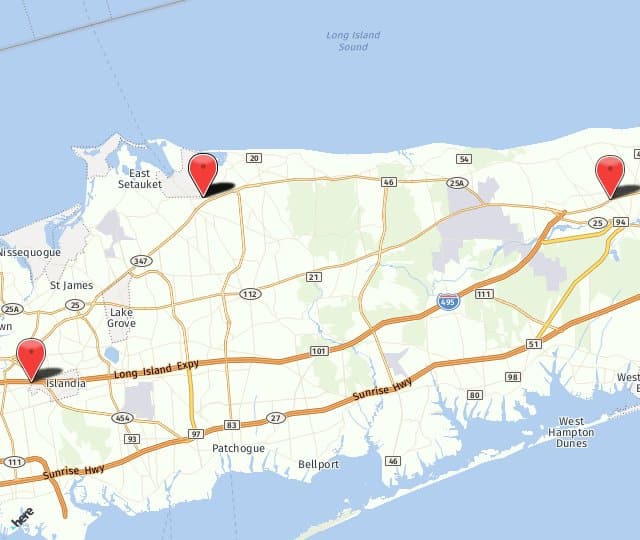
Chronic Venous Insufficiency
The veins are essential in circulating oxygen-rich blood and nutrients throughout the body. Sometimes, the veins struggle to move blood properly, causing it to flow backward toward the extremities, compromising your body’s ability to receive nutrients. This condition is known as Chronic Venous Insufficiency or CVI. Chronic Venous Insufficiency can cause pressure to build in your veins, making them ache, burn, or itch.
CVI requires many lifestyle changes combined with therapy and medications to help restore normal blood flow.
Peripheral Artery Disease
Another condition that can cause trouble is peripheral artery disease. Several factors can contribute to developing peripheral artery disease, which can include
- Age
- Injury to the arms or legs
- Coronary artery disease (CAD)
- Atherosclerosis
PAD can compromise blood flow, causing your organs to miss out on oxygen and essential nutrients. Those who suffer from PAD site pain as one of the significant symptoms that they experience. Typical methods for diagnosing PAD begin with a physical exam from your doctor to assess your symptoms. Next, your doctor may use a doppler flow, angiogram, or other tools to determine if your symptoms are consistent with PAD.
Deep Vein Thrombosis
Have you had sudden severe headaches and aches in your arms and legs? It could indicate a severe underlying issue called Deep Vein Thrombosis or DVT. Deep vein thrombosis symptoms require immediate attention to keep dangerous complications at bay. If left untreated, DVT can lead to
- Seizures
- Abdominal pain
- Enlarged veins
- Discolored skin
Many cases of DVT present themselves in patients who have a family history of the condition, and your doctor can perform a series of tests to confirm a diagnosis and design a treatment plan that fits your needs, such as medications and compression therapy.
Do you have questions about your vein health? We would love to help! Please schedule a consultation at any of our three locations by calling us today at (631) 476-9100.

